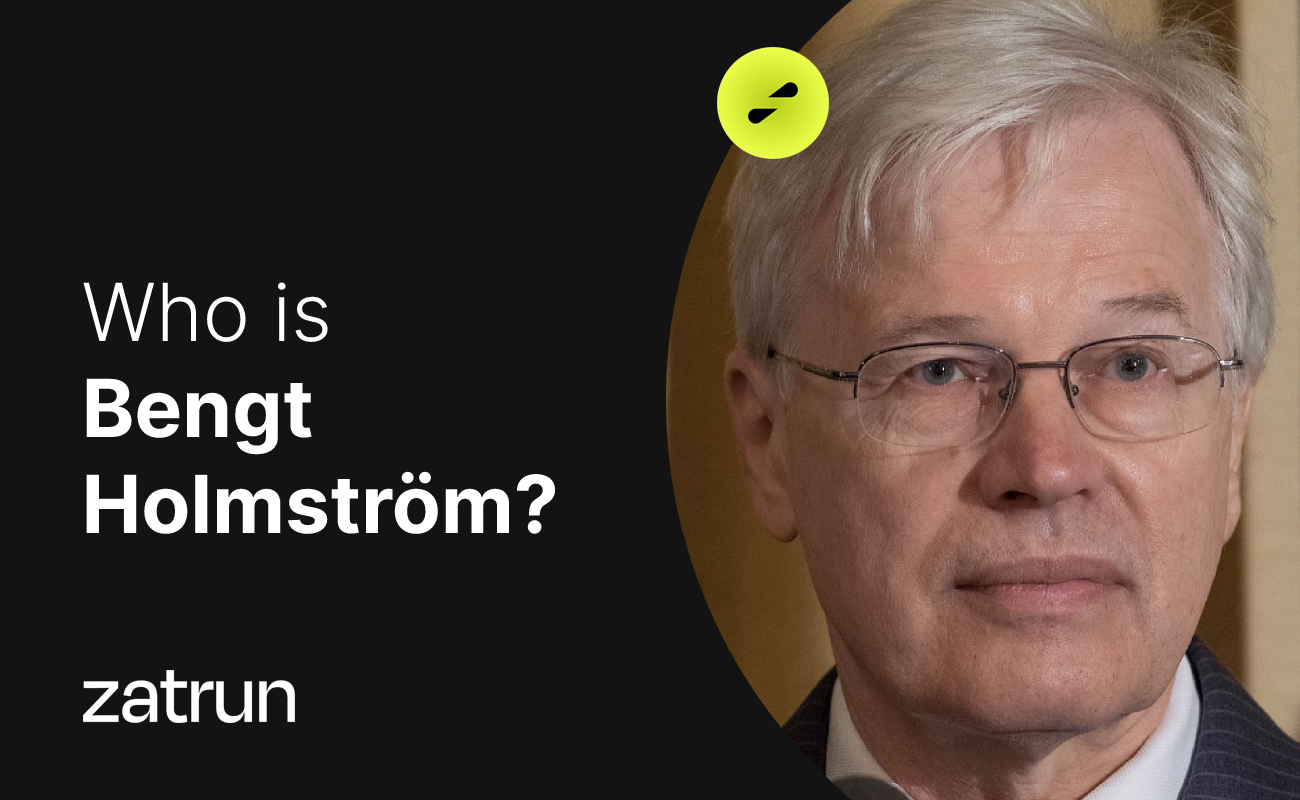In our article titled “Who is John Maynard Keynes 101: The Famous British Economist” on Zatrun.com, we will delve into everything you need to know about the famous British economist, as our readers have been curious about.
Who is John Maynard Keynes?
John Maynard Keynes (June 5, 1883, Cambridge – April 21, 1946, Sussex, England) was a British economist known for creating a new movement in economics with his radical ideas. Keynes argued that in times of economic instability, the government should intervene. He proposed that the government should increase demand through measures such as investing, tax reductions, or borrowing.

This would eliminate economic downturns and increase employment. Keynes also claimed that low demand, which is a clear cause of unemployment, could be resolved with government intervention. The Keynesian economic movement had a significant influence on social democratic and left-wing policies in the second half of the 20th century.
The General Theory of Employment, Interest, and Money
Published by John Maynard Keynes in 1936, “The General Theory of Employment, Interest, and Money” is his most famous work. The book criticizes classical economic theories and incorporates the theories of C.H. Douglas, Karl Marx, and Silvio Gesell. While representing the British Treasury at the Paris Peace Conference, Keynes chaired the British delegation at the Bretton Woods Conference and presented his thesis, known as the “Keynes Plan.” After the war, Keynes worked as a consultant and journalist, advocating for interventionist monetary and fiscal policies against classical economic theories.
John Maynard Keynes and Economics
Keynes believed that interventionist monetary and fiscal policies were necessary to solve economic crises and employment issues. This approach allowed the government to control the economy and make investments. Keynes believed that privatization and free market economies were insufficient, and that the government could maintain economic balance. Keynes’ theories still play an effective role in managing economic crises and solving employment issues today.
The methods advocated by Keynes were applied in managing the financial crisis of 2008. Additionally, Keynes’ theories still form the basis of policies used by governments to solve economic crises today. Keynes’ theories revolutionized economics and formed the foundation of modern economics. His radical ideas are still being debated today and continue to have an impact. His work and theories in economics demonstrate that Keynes has an important place in the history of economics.

Some Views on Economics
John Maynard Keynes acknowledges the presence of market institutions that direct the distribution of production factors and production composition according to the preferences of society in a market economy. However, he is concerned about the lack of a mechanism in a market economy that ensures full employment of labor and full utilization of production capacity. Keynes notes that economic contraction resulting in reduced production by firms can lead to a decrease in consumption and investment spending, and he suggests that this situation can persist for a long time.
He believes that the government needs to increase the money supply to lower interest rates or increase its own spending to stimulate investment spending and encourage investment. Keynes’ ideas are still widely accepted today. However, the stagflation experience of the 1970s (inflation and stagnation at the same time) led to the idea that unemployment is not due to insufficient total spending but to the loss of work discipline among workers caused by the welfare state. As a result, macroeconomic policies aimed at full employment that Keynes advocated were abandoned.












